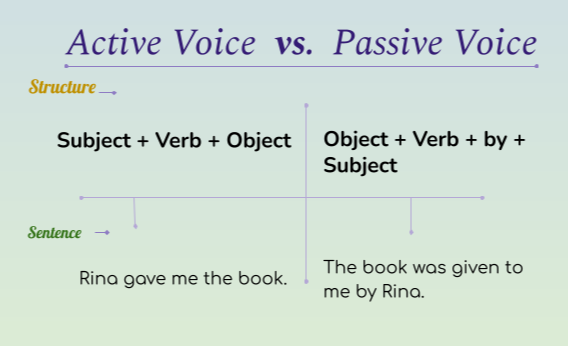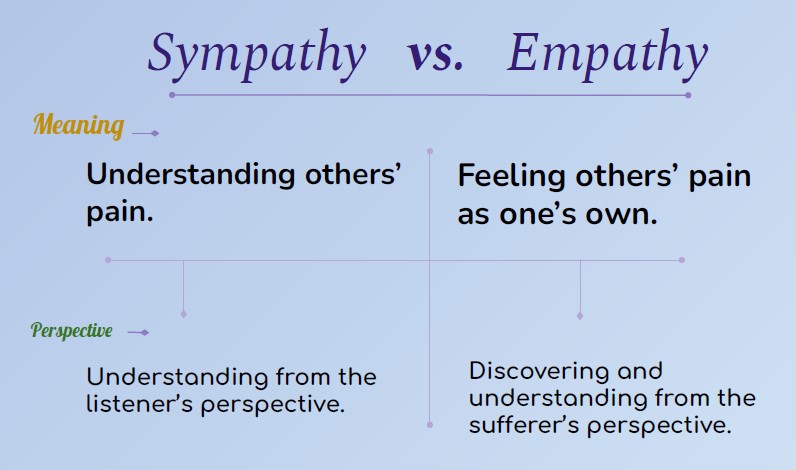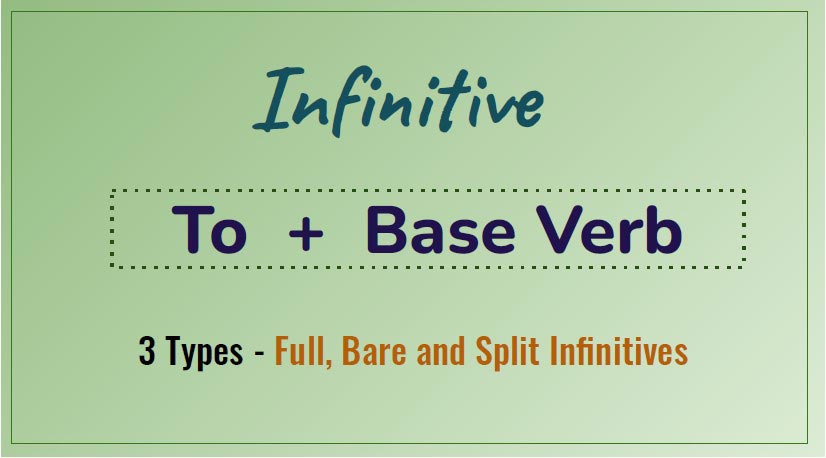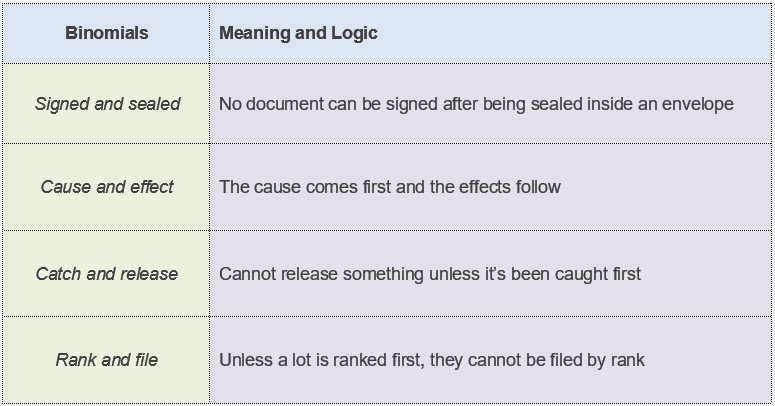Word: The Definition & Criteria
(5/5, 535 votes)
In traditional grammar, word is the basic unit of language. Words can be classified according to their action and meaning, but it is challenging to define.
A word refers to a speech sound, or a mixture of two or more speech sounds in both written and verbal form of language. A word works as a symbol to represent/refer to something/someone in language to communicate a specific meaning.
Example : ‘love’, ‘cricket’, ‘sky’ etc.
"[A word is the] smallest unit of grammar that can stand alone as a complete utterance, separated by spaces in written language and potentially by pauses in speech." (David Crystal, The Cambridge Encyclopedia of the English Language. Cambridge University Press, 2003)
Morphology, a branch of linguistics, studies the formation of words. The branch of linguistics that studies the meaning of words is called lexical semantics.
See More:
Free Online Exercise of English Grammar
There are several criteria for a speech sound, or a combination of some speech sounds to be called a word.
- There must be a potential pause in speech and a space in written form between two words.
For instance, suppose ‘ball’ and ‘bat’ are two different words. So, if we use them in a sentence, we must have a potential pause after pronouncing each of them. It cannot be like “Idonotplaywithbatball.” If we take pause, these sounds can be regarded as seven distinct words which are ‘I,' ‘do,' ‘not,' ‘play,' ‘with,' ‘bat,' and ‘ball.' - Every word must contain at least one root. If you break this root, it cannot be a word anymore.
For example, the word ‘unfaithful’ has a root ‘faith.' If we break ‘faith’ into ‘fa’ and ‘ith,' these sounds will not be regarded as words. - Every word must have a meaning.
For example, the sound ‘lakkanah’ has no meaning in the English language. So, it cannot be an English word.
Published By LearnGrammar.Net
Grammar
Read More
- How to Use "Therefore" in Sentences Avoiding Common Mistakes
- How to Use "Whereas" with Examples and Avoid Common Mistakes
- When and How to Use "Thus" Correctly Without Common Mistakes
- How to Use "On the Contrary" Properly with Meaning and Examples
- When and How to Use "Either/Or" with Examples and Common Mistakes to Avoid
- How to Use "On the Other Hand" Effectively without Mistakes
- How to Use "Respectively" with Example and Common Errors to Avoid
- How and When to Use "Moreover" Without Mistakes
- How to Use "Likewise" in Sentences Based on Context & When not to Use
- When & How to Use "Although" in Sentences to Avoid Mistake




